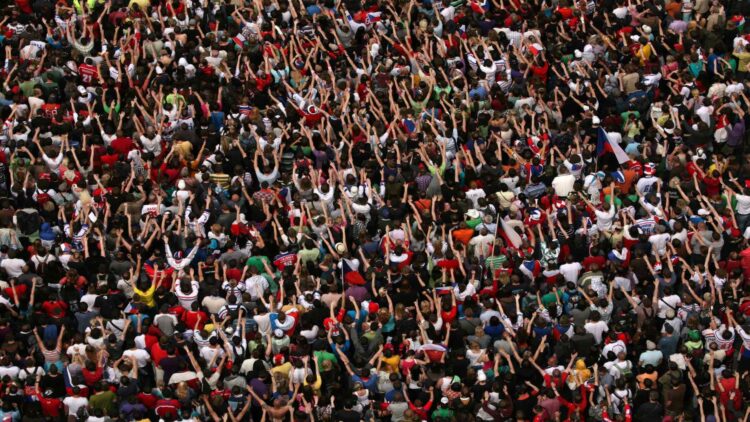Following the election of President Paul Biya’s eighth term, the people of Cameroon are not happy. A series of protests has erupted. Biya’s reign, which has continued for decades, has faced renewed opposition following the announcement and has caused many to question the country’s hold on democracy. The opposition has drawn the ire of security forces.
Election results and their immediate consequences
Paul Biya was re-elected as the President of Cameroon on October 27. He will once again take power as the head of the African country despite a large part of his constituency apparently being against the continuation of his decades-long tenure. This will mark more than 40 years of Biya refusing to give up power.
Due to this, Biya is now among a select group of world leaders who have ruled for more than 30 years without stepping down. For Biya, (92) this was his 15th election. Biya has now confirmed that he is now, more than ever, in control of the country. The presidential election was documented to be a landslide win.
The announcement of Biya’s re-election had sparked widespread protests in the country’s major towns and cities, especially in the towns of Yaounde and Douala. Protesters have expressed their frustrations regarding the shrinking of the democratic space in Cameroon as well as the closure of the political window.
Due to the protests, the state had to commence mass arrests across the most affected cities
Officials are increasing surveillance and manpower around government buildings and transport stations. The UN’s Department of Safety and Security predicted that the end of the election period could be potentially dangerous for Cameroon.
Cameroon’s political turmoil is a consequence of the country’s difficulties as a whole. It is said that Biya’s rule has undermined democracy, and, therefore, there is a lack of it. There is also a creation of a powerful political elite, and the public continues to be unhappy due to the political, economic, and social stagnation of the country.
Biya has to deal with the unrest in the country’s English-speaking regions in particular
The opposition, especially the former candidates who were also barred from the elections, have accused the electoral commission of partisanship and, consequently, of there being a need for reforms that would promote electoral competition.
Excluded from the elections, opposition leader Maurice Kamto called for a boycott of the elections as it was a chance for the country to renew and openly called for peaceful resistance through dialogue. The protests had been widely organized and were reportedly over four deaths as a result of crossfire, and a lot more civilians were reportedly shot during the riots.
Both the African Union and several Western nations have called upon Cameroonian authorities
Analysts suggest that, given Cameroon’s importance in Central Africa and the fight against Boko Haram, the prolonged instability in the country will likely spread to the entire region.
With Biya starting another term, the government is receiving increased demands to address the political and economic issues that citizens have been expressing. Analysts believe that the government will begin to lose the people’s trust and support unless the Cameroonian authorities put in place policies that will enable the government to establish and implement reforms that address the administration of public functions in the country.
Failing to implement these reforms will only aggravate the division of the country. The cycles of political and social unrest endure. At this point, the country is still facing turmoil, and the leadership of the country is still attempting to manage the tension between the need to secure the country and the need to provide the people with opportunities to participate in building a safe, democratic country.


